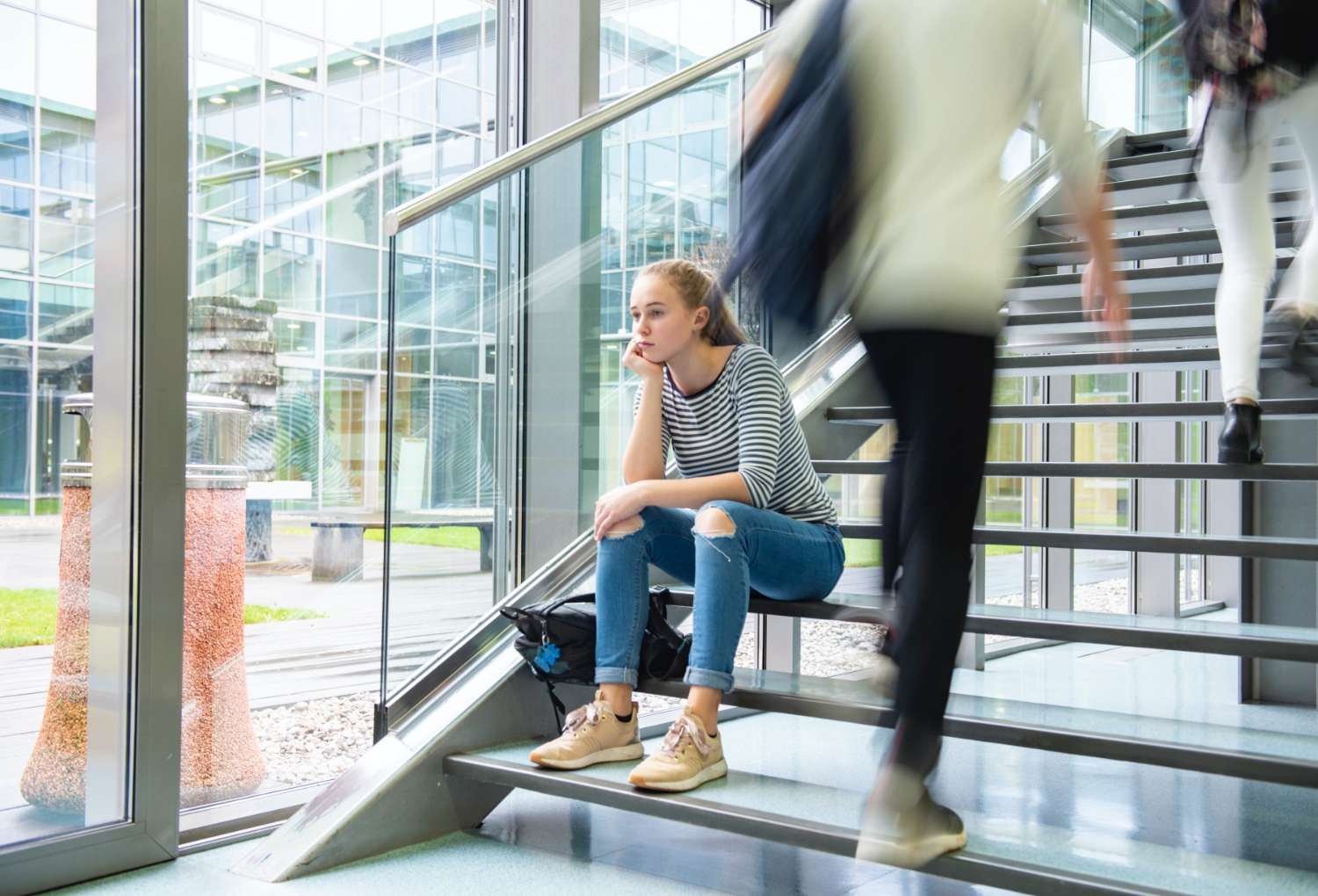#one in six
Why young people’s mental health?
Despite this, the NHS is only able to support about one-third of those children and young people in need3. Young people from marginalized or disadvantaged groups find access an even greater challenge.

3x
There has been an upward trend in the need for youth mental health services over the past decade. The number of young people arriving in A&E with a mental health problem has tripled since 20104. One in four 11 to 16-year-olds with a mental disorder had self-harmed or attempted suicide5.
35%
Referrals to children’s mental health services in 2019/20 were up 35% compared to the year before6. We are interested in supporting projects which seek to address both the long-term trend of increasing need as well as the effects of Covid on young people’s mental health.

Social Prescribing
Non-pharmaceutical interventions, such as those connected to creativity and the arts – often known as social prescribing – can have a huge impact on the positive mental health of young people.
There is a growing recognition that social prescribing can lead to a range of positive health and wellbeing outcomes, including reducing levels of depression. The Prudence Trust supports research into this approach as well as support the organisations who are delivering social interventions in partnership with local healthcare providers.
References
1NHS Digital (2021): ‘Mental Health of Children and Young People in England 2021’. Available at: https://digital.nhs.uk/data-and-information
2Mental Health Foundation. Kessler et al, (2005). Lifetime Prevalence and Age-of-Onset Distributions of DSM-IV Disorders in the National Comorbidity Survey Replication. Archives of General Psychiatry: https://www.mentalhealth.org.uk/statistics/
3NHS: https://www.england.nhs.uk/mental-health/
4NHS Digital / The Independent (January 2020) ‘Number of children admitted to A&E with mental health problems jumps 330 per cent over past decade’. Available at: https://www.independent.co.uk/news/health
5NHA Digital: https://digital.nhs.uk/news/2018/
6Childrens’ Commissioner The State of Childrens’ Mental Health Services 2020-21: https://www.childrenscommissioner.gov.uk/
7National Library of Medicine: https://www.ncbi.nlm.nih.gov/
I feel inspired to give a voice to other young people by sharing my experiences living with chronic mental ill health, and my own healing through creative pursuits.